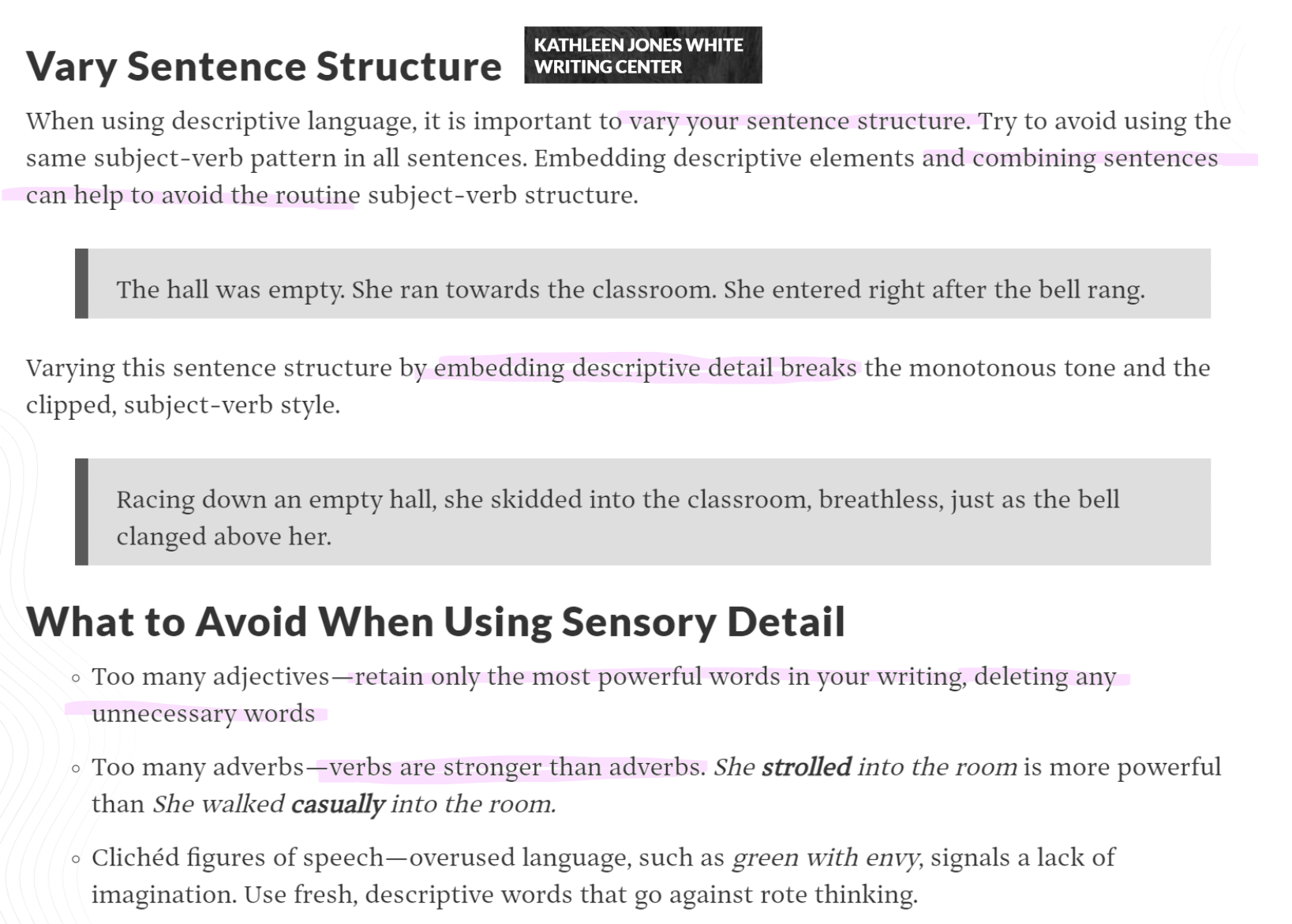Creative Writing – Proust Questionnaire
Strong writers have reflected on many of their own preferences or biases in writing, which often is relayed to readers through the characters developed. One well-known French author constructed a Questionnaire for writers to fill out that asks them 35 questions to make them reflect on some of their habits of thought, preferences in what they read, and other questions. From that, it can help them become more aware of their writing habits or even be used to help de

velop realistic characters in their texts.
Instructions for you:
- Make a Copy of the following Google Doc that includes the list of 35 questions. Take time to reflect/respond to them; you could even consider doing them out of order or returning to responses and changing or adding to answers.
- Once done, we’ll share some of the responses you’ve developed. We can choose this sharing to be done anonymously.
- Make sure you share it back to me @ my gmail account.
- Once finished, there are many writing prompts to choose from at the following link.
- Pick one of the prompts to develop a response to it.
- Pick any 2-3 of the Questionnaire prompts that you responded to that relate to the Writing Prompt you’ve picked. Make an effort to include some reflection in the writing of your responses to the questions.
Writing Descriptively – A One-day Writing Challenge
You’ve likely had some practice before with descriptive writing, but this is one of the most essential skills of a writer, to be able to activate the senses of the reader. Studies have shown that a reader’s brain responds in much the same way as if they were truly experiencing the event they’re reading. This will be felt all the more real if a writer is able to use the Show, Not Tell descriptive writing technique best.
Watch this short video to be reminded of how important sensory writing is for the reader to experience.
Your Writing Challenge Today: write a gross description
Parameters of the task – stay within these lines
- it has to be a real event, your own experience, or at least based on it
- you can only use between 100-150 words.
- This means each word and phrase is a precious resource, like money spent. Make sure you’re spending wisely. If a sentence doesn’t include something that matters, then maybe you would consider developing another phrase.
- You cannot include anyone from our school in the writing. (Let’s keep friends out of the grossness!)
- To write what is gross, you have to write with your senses, descriptively.
- There are websites you have used before that can be supportive with unique adverbs or sensory phrases. Don’t be afraid to use them.
- 583 Sensory Words
- Sensory Details List – pdf
- Sensory Words for Stellar Writing
- Make an effort to use the Writing Process
- For some, it’s an effort for them to understand how time taken Before Writing begins can be the most productive part of the process. Too often, young writers jump into writing. Give yourself time to pause, think, consider whether the first idea you want to run with is the best of the ideas you can develop.
- Your brainstorming could be developed on paper or in your Google Doc.
- One practice you’ll hopefully develop through this writing course is recognizing the need to pause and think, as a habit, before responding.
- This also eventually means not being afraid to remove things you’ve written, if you later feel they’re not as valuable or worth keeping.
- For some, it’s an effort for them to understand how time taken Before Writing begins can be the most productive part of the process. Too often, young writers jump into writing. Give yourself time to pause, think, consider whether the first idea you want to run with is the best of the ideas you can develop.

